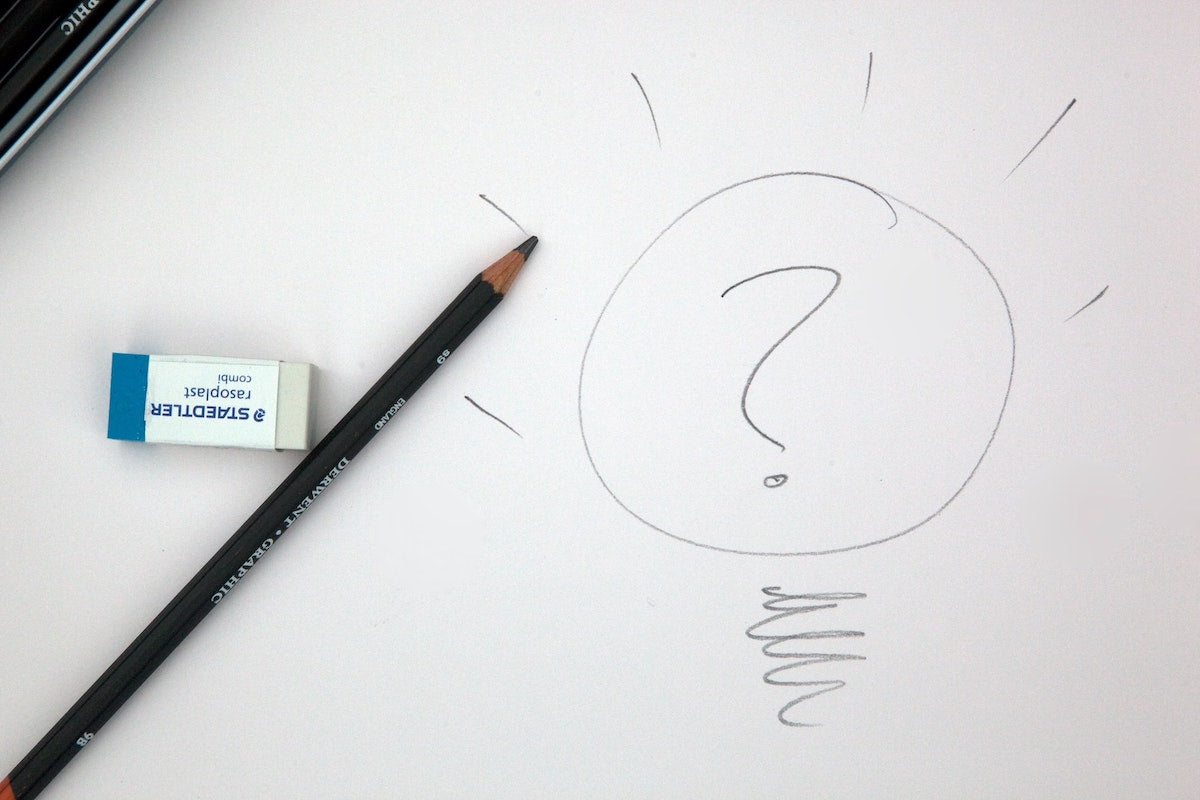Everything You Need to Know About Zinc

Zinc is an essential mineral for our health and well-being. It's one of the most abundant elements on the planet and is found in just about every living organism. Additionally, it can be found in commonplace things like beer, bread, and dental fillings. But what exactly is zinc, and why is it so important?
This blog post will dive into everything you need to know about zinc—from its history to its health benefits. Read on to learn more about this essential mineral!
A necessary mineral for human health is zinc. It is found in every body cell and plays a vital role in many biochemical processes. Zinc is essential for synthesizing DNA and RNA and is involved in metabolizing carbohydrates, proteins, and lipids. It also helps to maintain the structure of cell membranes and plays a role in hormone production and immune function.
Zinc deficiency can lead to several health problems, including growth retardation, skin rashes, diarrhea, hair loss, and impaired immunity. Zinc supplementation is often recommended for people at risk of zinc deficiency, such as pregnant women, vegans, and the elderly.
The Benefits of Zinc
Zinc is an essential mineral that is found in every cell in the human body. It plays a vital role in many biochemical reactions and is required for the proper function of more than 300 enzymes.
Several health issues, including the following, can result from a zinc deficiency:
- Growth retardation
- Impaired immune function
- Loss of taste and smell
- Diarrhea
- Skin rashes
- Hair loss
Foods Rich in Zinc
Zinc is an essential mineral that is found in a variety of foods. It is vital for growth and development, wound healing, and the immune system. Some good sources of zinc include oysters, beef, pork, lamb, chicken, yogurt, milk, cheese, beans, nuts, and whole grains.
How to Supplement with Zinc
The generation of hormones, cell development and repair, immunological function, and other biochemical activities depend on zinc, an essential mineral. While most people get enough zinc from their diet, some may benefit from zinc supplementation.
Possible benefits of zinc supplementation include:
- boosting the immune system
- improving wound healing
- reducing the frequency and severity of colds and other infections
- improving fertility in men
- aiding in the treatment of acne
If you think you might benefit from zinc supplementation, speak to your doctor or a registered dietitian to see if it's right for you.
Side Effects of Zinc
A critical component of numerous body processes, zinc is a necessary mineral. It can be found in various foods, such as seafood, red meat, poultry, and beans. Zinc is also available in supplement form.
While zinc is generally considered safe, it can cause side effects in some people. The most common side effects are digestive problems, such as nausea, vomiting, and diarrhea. Zinc can also cause an upset stomach.
In rare cases, zinc can cause more severe side effects, such as headaches, fever, and dizziness. Stop taking the supplement and consult your doctor immediately if you suffer any of these adverse effects after taking zinc supplements or consuming foods high in zinc.
Conclusion
Zinc is a necessary mineral that is extremely important to our bodies. Not only does it help the body function properly, but it also supports our immune systems and helps keep us healthy overall. Supplements can assist you in making sure you obtain all the advantages zinc has to offer if your diet needs to contain extra zinc.
While there is no one-size-fits-all approach for how much zinc each person needs, taking one step at a time toward optimal health by learning about zinc will benefit everyone!
